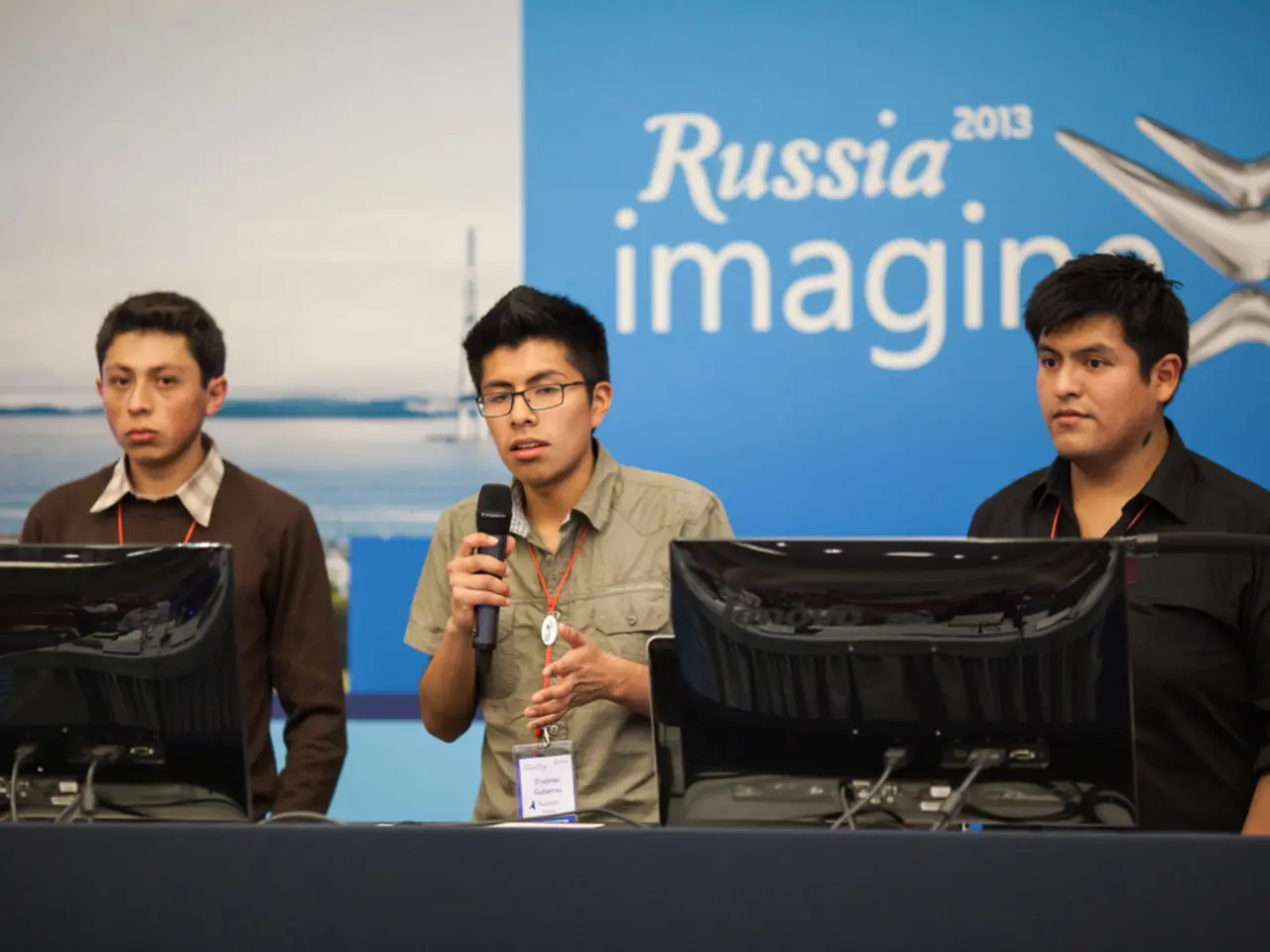Russia requires a service sector transformation in accordance with WTO guidelines
Russia's automotive industry has taken a significant step forward, joining the World Trade Organisation (WTO) with specific terms and conditions outlined in Decree 166. This move, which occurred in August, has been largely under the radar, but it marks a significant shift in the country's industrial landscape.
Under Decree 166, Russian Original Equipment Manufacturers (OEMs) have been offered zero duties until 2018, as part of policy agreements with several key players in the industry. This policy is intended to encourage Russian suppliers to become more competitive, as they will face less pressure from lower duties on raw materials and parts.
However, this move could also pose risks for Russian OEMs, particularly market leaders like Lada for passenger cars and GAZ for light commercial vehicles. Analysts predict increased foreign competition, with European and Japanese imports potentially posing a quality-based threat, while Chinese imports could pose a price-based threat.
The terms of Decree 166 also include volume and localization targets for OEMs in exchange for these favourable duties. These targets aim to promote local production and ensure that a certain percentage of the parts used in vehicles are sourced domestically.
The duty on passenger cars is set to decline more gradually, dropping from 25% to 15% on the day of Russia's WTO accession. For Light Commercial Vehicles (LCVs), the duty has already dropped to 15%.
Despite the potential risks and challenges, the Russian government is hopeful that Decree 166 will help to modernise and strengthen the country's automotive industry. The policy is part of a broader industrial strategy that often includes protectionist measures, but the government believes that the benefits of joining the WTO outweigh these concerns.
However, it remains unclear which companies have concluded agreements with the Russian government under Decree 166, involving volume and location targets to avoid paying taxes until 2018. This lack of transparency has raised questions and concerns among industry observers.
As Russia's automotive industry and supply chain continue to adapt to the new WTO environment, it will be interesting to see how the market evolves in the coming years. With increased competition and a push towards local production, the industry is likely to undergo significant changes in the near future.








